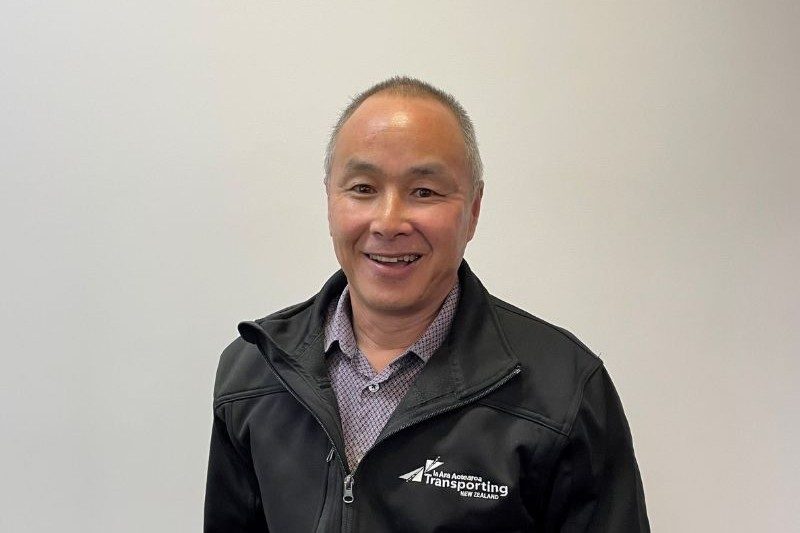Road to Zero demands Broad Investment in safety

I recently attended the launch of the Government’s Road to Zero public awareness campaign, which sets a target of zero road deaths and serious injuries by 2050 and a 40% reduction in these by 2030.
The achievement of the 2050 target is improbable unless we ban private motor vehicles or slow down the roads to such an extent as to grind the country to a halt. The 2030 target, however, is much more tangible and something that government, councils, and the various road transport sectors should be striving to achieve.
I can tell you that no one supports road safety more than Ia Ara Aotearoa Transporting New Zealand and the road- freight transport industry generally. New Zealand’s roads are the workplace for thousands of men and women who drive the trucks that deliver the vast majority of the goods to our homes, supermarkets, ports and vital services. These people all deserve to go to work and know that they will return home safely to their families.
The ministers of transport and police, who launched the Road to Zero campaign, told us that a safer system includes:
• Investing in safer infrastructure;
• Working on getting more people into safer vehicles;
• Rolling out safer speed limits;
• Refocusing on targeted and effective policy enforcement.
The $2.9 billion to be invested in Road to Zero over the next three years includes $1.2 billion for road policing, which is an increase of $140 million compared with the past three years. This is important, and we support it wholeheartedly. Our drivers are sick of seeing people distracted by their phones while driving and are rightly concerned by the number of people who still use drugs or drink too much alcohol and then get behind the wheel. More police on the roads should improve enforcement and be a greater deterrent to irresponsible road users.
When it comes to road safety, nobody could argue that this government isn’t focused on the role of speed in serious road accidents, although I believe this is where a more pragmatic approach is needed.
Simply going around the country imposing lower speed limits on communities that do not want them is not the way forward and will not lead to good results. Aucklanders are well aware of the 1600 roads in and around that city that are up for speed reduction. There are also significant proposals that would see every 100kph zone in Northland reduced to 80kph, and a there has been a maximum speed limit of 80kph placed along much of the length of SH5 between Napier and Taupo. Reaction from businesses and many parts of the community has been pretty hostile to these proposals, and I have a lot of sympathy for them.
Causes of road deaths and injuries are far more complex than just speed. The enduring solution is to invest in proper maintenance, upgrades and replacement roading infrastructure where it is necessary.
Tinkering with speed limits is a cheap but ultimately lazy solution. The police cannot be everywhere, so enforcing what the public consider unreasonable speed imits will be extremely challenging. We also know that if people are frustrated by a low speed limit or sitting behind a vehicle they think is going too slow, it leads to bad decisions and risky behaviour.
Road users pay a lot of money for our roads (you only have to look at the current rate of fuel excise or RUCs to know that) and expect their money to be prioritised to projects that will make their journeys safer, more comfortable and more efficient (a particular issue for our industry).
It is a shame, therefore, that transport policy has become so politicised and captured by some fringe interests in recent years. Sensible proposals to upgrade and build safer roads and maintain reasonable speed limits have now become political footballs open to all sorts of ideological and environmental accusations.
The fact is that if we are to meet our 2030 target, the government and Waka Kotahi need to be using all the tools in the toolbox to reduce road accidents. This includes investing in the repairs and upgrades of our substandard roading network and delivering the modern transport infrastructure our industry and all other road users deserve.



